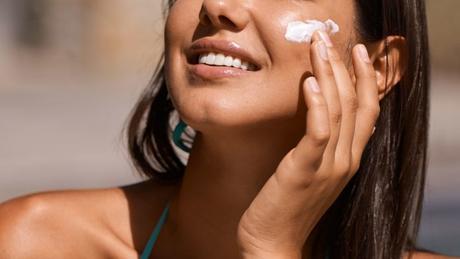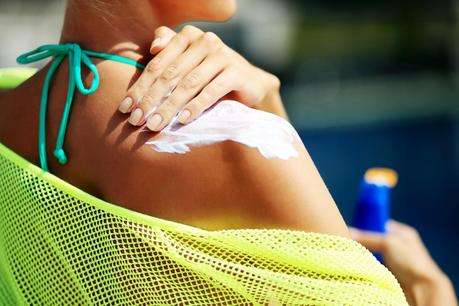
We're often advised to apply sunscreen before heading out in the sun, aren't we? The reason behind this is as simple as pie; sunscreens protect our skin from damage, dryness, and toxic rays from the sun that might lead to cancer. These lotions also help reduce the speed of skin aging to a great extent. While it is very important we take rescue measures to protect our skin from the scorching heat, it is also vital to know what actually you are applying on the skin.

The American Food and Drug Administration (FDA) conducted studies that have revealed that the chemicals from sunscreens enter the bloodstreams in proportions higher than the recommended levels. The FDA has also demanded that all sunscreen brands in the market mention their ingredients on their labels. So, does this mean we are supposed to completely stop using sunscreen lotions and creams?
Instead, here's what we could do. There are two types of sunscreens available in the market; one that absorbs the heat and the other that deflects it by acting as a protective layer. To begin with, analyze the nature of your skin before you pick a sunscreen. Secondly, opt more of lotions that act as a shield from the sun's UV rays rather than the ones that absorb them. This way, we protect ourselves from unwanted chemicals entering our bloodstream.
Read the label
The FDA has declared that Titanium dioxide and Zinc oxide are non-toxic and cause no harm. So, apply creams that are prepared with the above mentioned compounds to stay on the safer side. Natural Alternatives

Skin cancer might not be a matter of major concern in India, but countries such as the U.S. and Australia definitely need sunscreens in the household because of the commonness of the disease in the respective countries. So, it's kind of hard to keep these creams at bay altogether. Instead, there are other means by which your skin can receive the love and care it needs.
1. Raspberry seed oil- Ranking high in SPF (sun protection factor), this oil acts as a great natural alternative to your chemical-based sunscreens. Of course, its anti-oxidant properties are something that will help your keep skin diseases at bay.
2. Shea butter- In spite of its SPF being a mere 6, Shea butter has all the elements to act as an effective moisturizer from skin damage during the summers.
3. Aloe Vera-This is something that will come to the rescue after a tiring day in the scorching heat. The Vitamin D and cooling properties of natural aloe gel is the best remedy for sunburns.
Until the FDA confirms anything further on the use of sunscreens, they are absolutely safe provided you wash them off thoroughly once you are back home.


